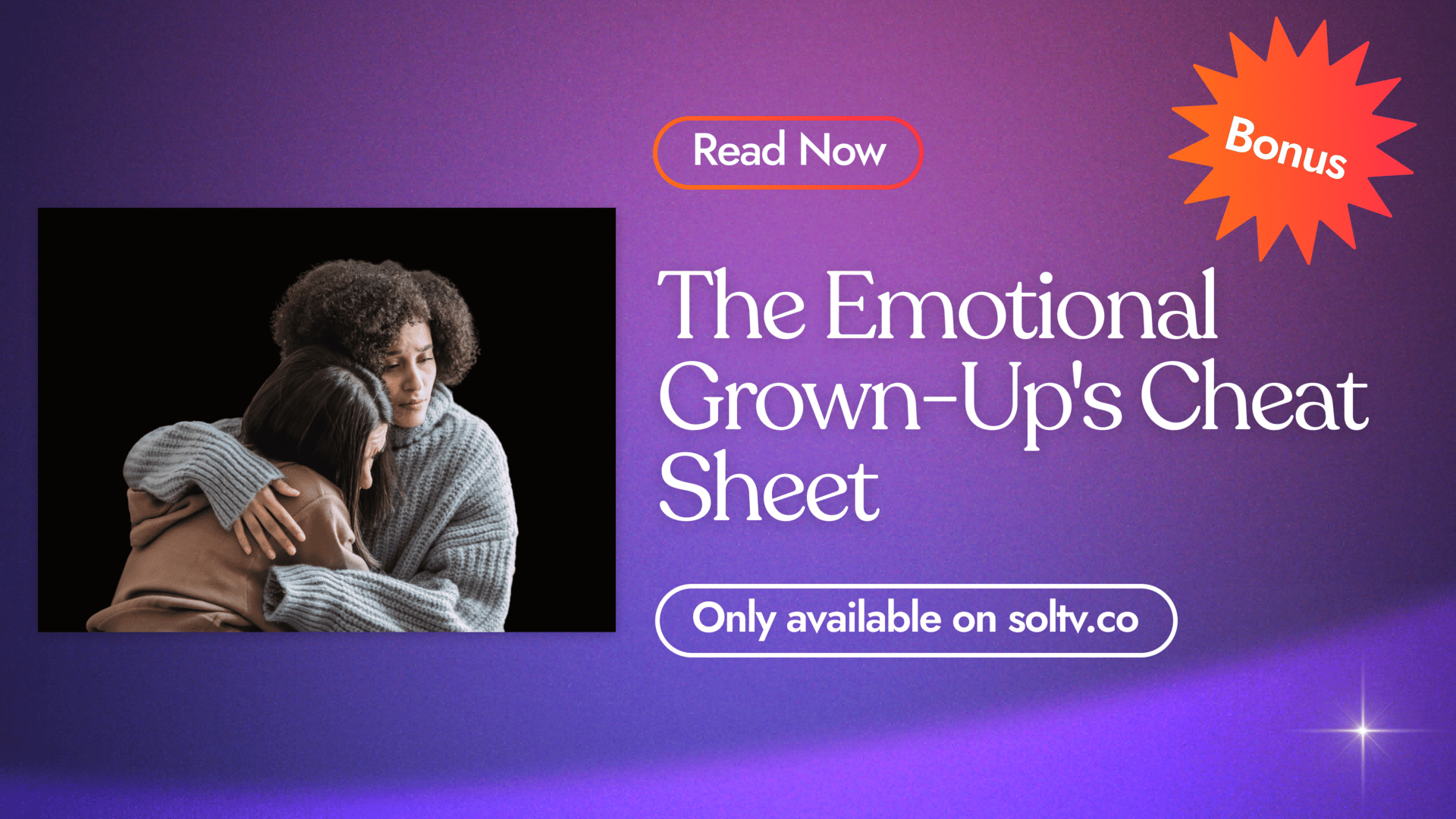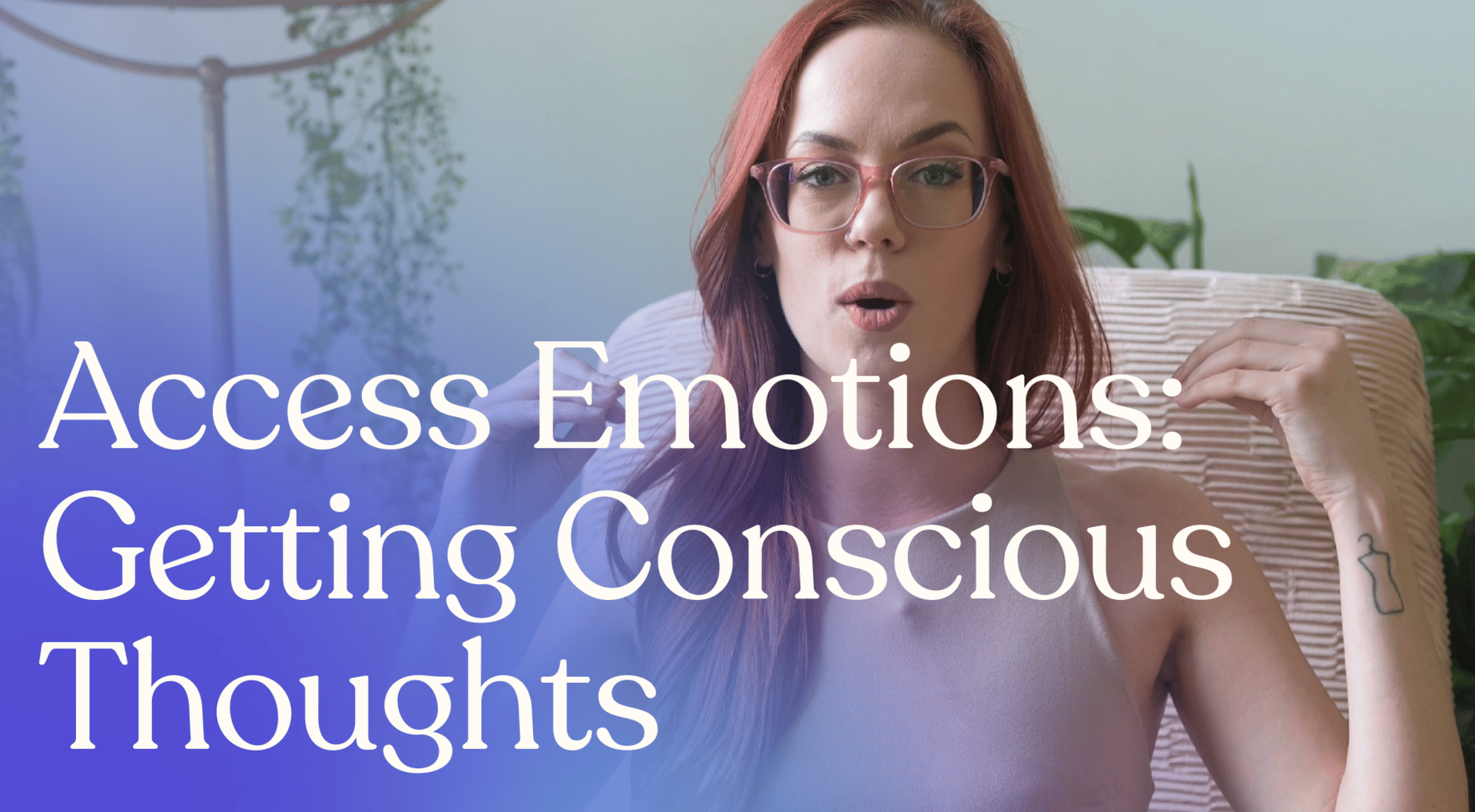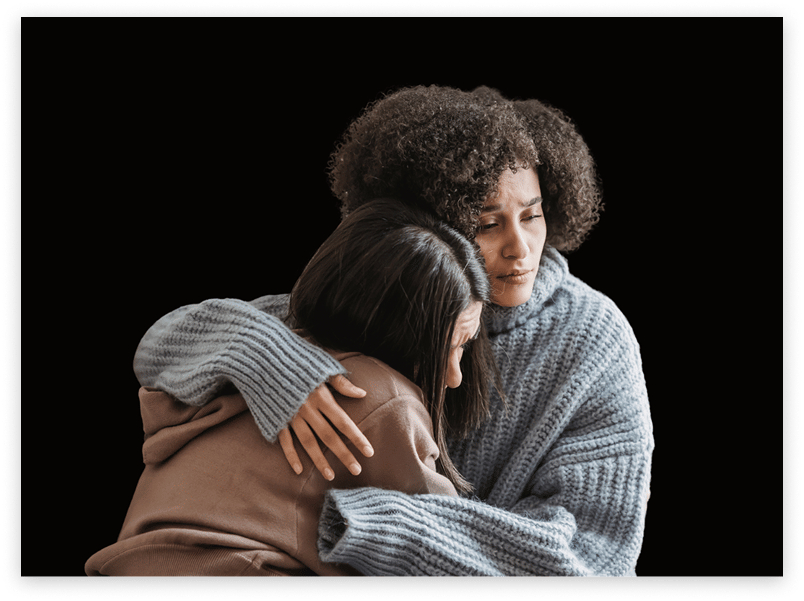🔎 TL/DR
🦋 Why Emotional Vulnerability Matters?
🍎 3 Game-Changing Benefits
💡 Sol Bites: 4 Ways To Practice
📹 Karly Grant on How to Own Your Emotions
🦉 Words of Wisdom
Welcome to Wisdom & Sol and to the 355 people who have joined us since last week! If you haven’t subscribed, join our community of 57,525 intelligent, curious folks who want to boost their emotional well-being by subscribing here.
Have you ever felt a knot in your stomach during a tough conversation and brushed it off? Or maybe you’ve swallowed frustration to avoid seeming “weak”? Well, you may not believe it, but showing emotional vulnerability can be a good thing—and we’re not talking about the mushy, oversharing stereotype you might imagine. Today we’ll show you how owning your feelings—even the messy ones—can dial down anxiety, supercharge your relationships, and help you understand yourself like never before. Ready to rethink vulnerability? Keep reading!
TL;DR
Emotional vulnerability means owning your tough emotions (like sadness or anxiety) instead of avoiding them. It’s a skill that lowers anxiety, strengthens relationships, and boosts self-awareness. You can practice being vulnerable simply by pausing to name your feelings and reminding yourself it’s okay to feel them.
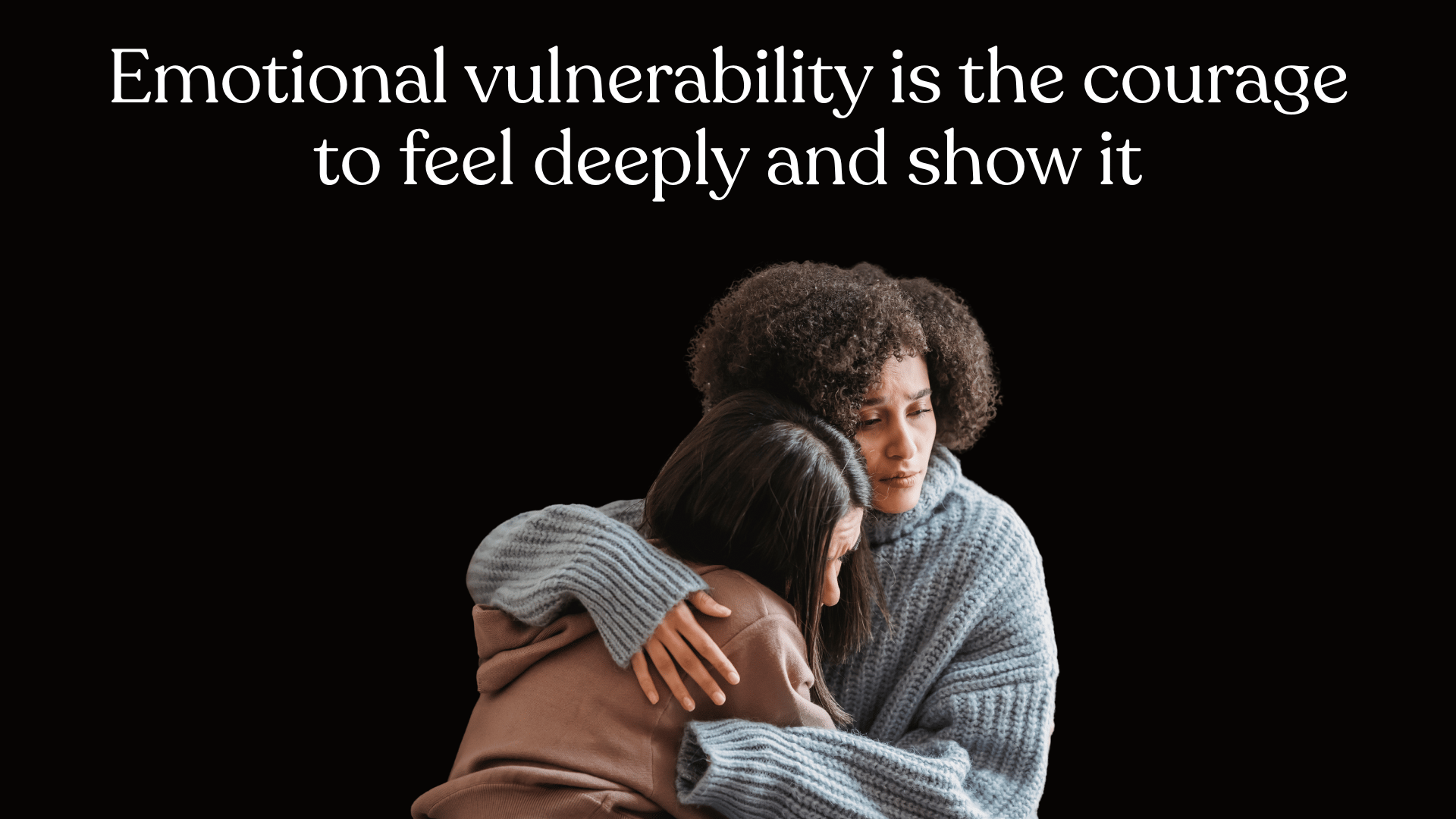
Why Emotional Vulnerability Matters
Here’s the deal: Allowing yourself to be emotionally vulnerable is like taking off the armor that protects you from your own feelings and owning up to the emotions you’re experiencing—especially when it’s uncomfortable. It is having the courage to name your emotions, especially the painful ones, without running away from them.
It’s human nature to dodge pain, sadness, or shame. Many of us have go-to ways of coping when we need relief.
Feel frustrated? You might hit the gym to blow off steam.
Feel sad? You might distract yourself with a Netflix binge.
Feel anxious? You might call a friend to talk you down.
Those behaviors are normal, and sometimes they’re fine. But here’s an eye-opening fact:
Sometimes, the bravest thing you can do is pause and say, “Okay, I feel rotten right now.”
For example, imagine you’re upset because your partner made a snarky comment at dinner. Instead of bottling it up or snapping back, vulnerability looks like thinking. You can say to your partner, I’m frustrated because that comment stung, and we need to talk about it. It’s not wallowing or overanalyzing—just naming the feeling and letting it be.
Most of us aren’t as good at this as we think. Avoiding painful emotions is wired into our brains, and it’s way harder to do this in front of other people, even close friends or family. But that’s where the magic happens.
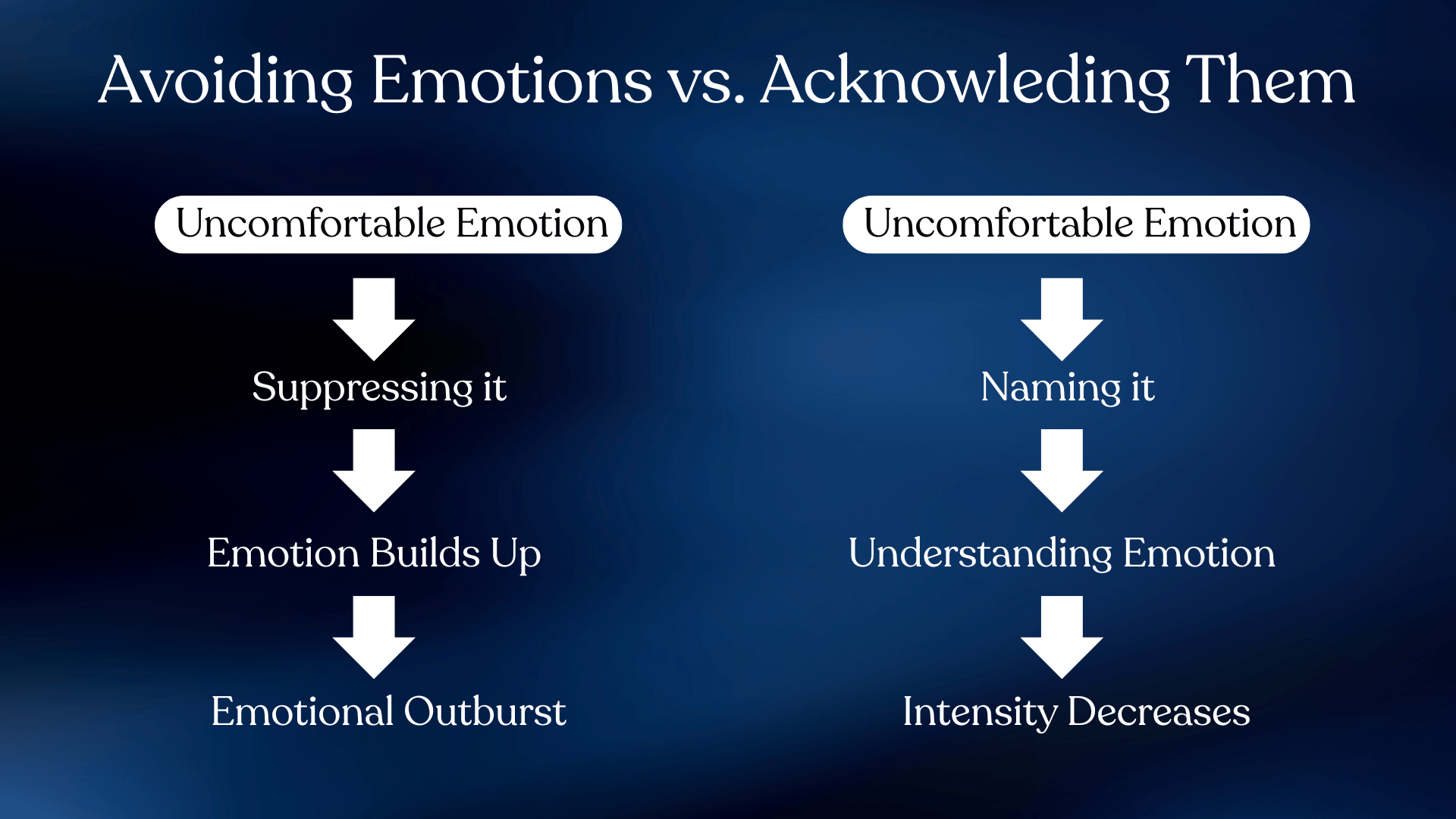
3 Game-Changing Benefits
Vulnerability is worth practicing because it delivers big payoffs. Here are three reasons why:
1) It Dials Down Your Anxiety
When you avoid uncomfortable emotions like worry (instead, you obsessively check on your teen when they’re away from home), you’re training your brain to treat all bad feelings as dangerous. This makes you hypervigilant, stressed, and emotionally volatile. The fix? Vulnerability. When you pause and acknowledge, I’m anxious because I’m worried. You're telling your brain, This feeling isn’t dangerous—it’s just a feeling. Over time, this lowers your baseline anxiety and makes you less reactive.
2) It Supercharges Your Relationships
Relationships thrive on trust, and vulnerability is essential for building it.
When you share tough emotions—like telling your partner, “I’m sad because I feel disconnected from you”—you create space for intimacy. It’s not just about you; your vulnerability signals to others that it’s safe for them to open up, too. Hide your feelings, and you risk resentment or distance. Share them, and you build trust and closeness.
What’s one tough emotion you could share with someone?3) It Sharpens Your Self-Awareness
Avoiding emotions is like ignoring a check engine light—things might keep work for a bit, but if you do nothing, you’re heading for a breakdown. Naming your feelings and sharing them might help you uncover old emotional habits that you didn’t know you have. Acknowledging tough feelings can help you spot patterns and blind spots, giving you clarity to move forward.
What’s one emotion you’ve been avoiding lately? Jot it down or just think about it for a second. Naming it is the first step.So, how do you do vulnerability?
This is not about spilling your guts to everyone—it’s about small, intentional moments of honesty with yourself and others. The two-step solution: observe and validate.
Observe Your Emotions: Notice how you feel without trying to fix it quickly or overthink it. If you’re angry, don’t stew over why—just notice the heat in your chest or your clenched jaw. Try saying, “I’m angry right now.” It’s like tuning into a radio station you usually skip.
Validate Your Emotions: Remind yourself it’s okay to feel this way. You might think, I hate feeling anxious, but it’s normal given this stressful week. Just because it feels bad doesn’t mean it is bad.
Sol Bites: 3 Ways To Practice
Use Plain Language: Describe your emotional state like a child would. Instead of “I’m stressed,” say, “I’m sad and frustrated.” It’s raw but powerful.
Try Emotion-Focused Journaling: Spend five minutes writing down how you feel. No editing, just let it flow. It will help you feel more confident about expressing your emotions.
Practice Assertiveness: Be direct about your needs. For instance, if you’re having a movie night, don’t be afraid to say, “I’d rather watch a comedy than a drama tonight.” That type of honesty is a gateway to sharing tougher feelings.
Master your emotions like an adult, plus a practical emotional toolkit.
Your Vulnerability Challenge
Next time you feel a twinge of sadness, anger, or anxiety, pause for 10 seconds. Name the feeling to yourself or a trusted person. Notice how it feels to let it be instead of pushing it away. Do it a few times this week, and even with this small change, you’ll be amazed at how much lighter you feel.
Video Bite
Sol TV Creator Karly Grant shares a simple way to access emotions consciously instead of suppressing them.
Words of Wisdom
Vulnerability is not weakness; it's our greatest measure of courage.
Help us make this newsletter even better for you! Was this issue useful? What would you be excited to read about next? Reply to this email with your thoughts and suggestions. We read every response!
Want More: Tools to Cultivate Emotional Intelligence
Along the Same Lines…
We love you,
Mona & The Sol TV Team ❤️
Lastly, some housekeeping…
If you can't find this newsletter, check your spam folder. If it’s there, mark it as “not spam.”
Whitelist our email. Add our email address [email protected] to your contact list or your Primary inbox in Gmail.

